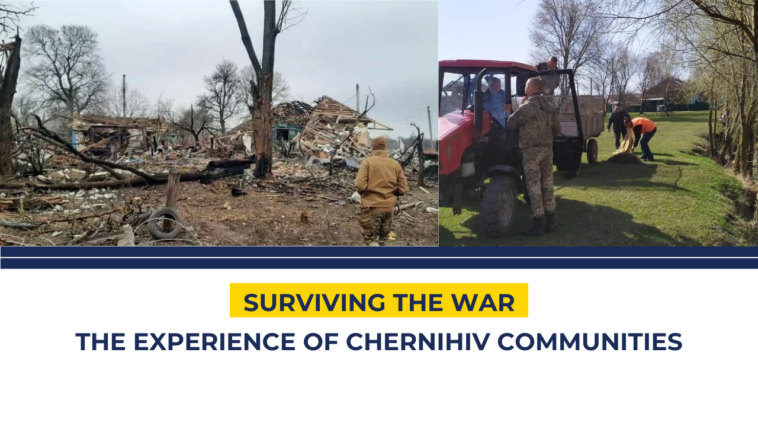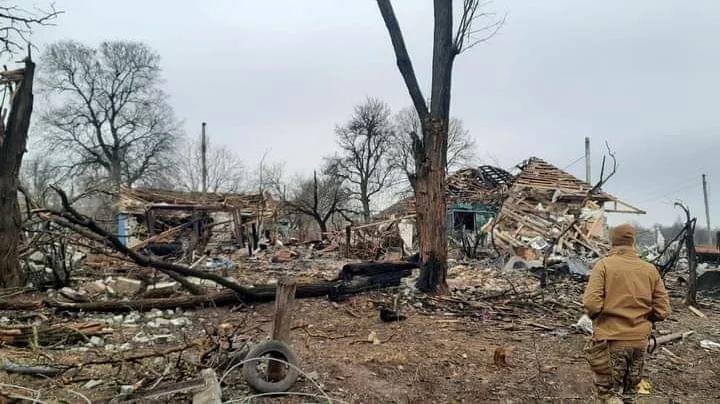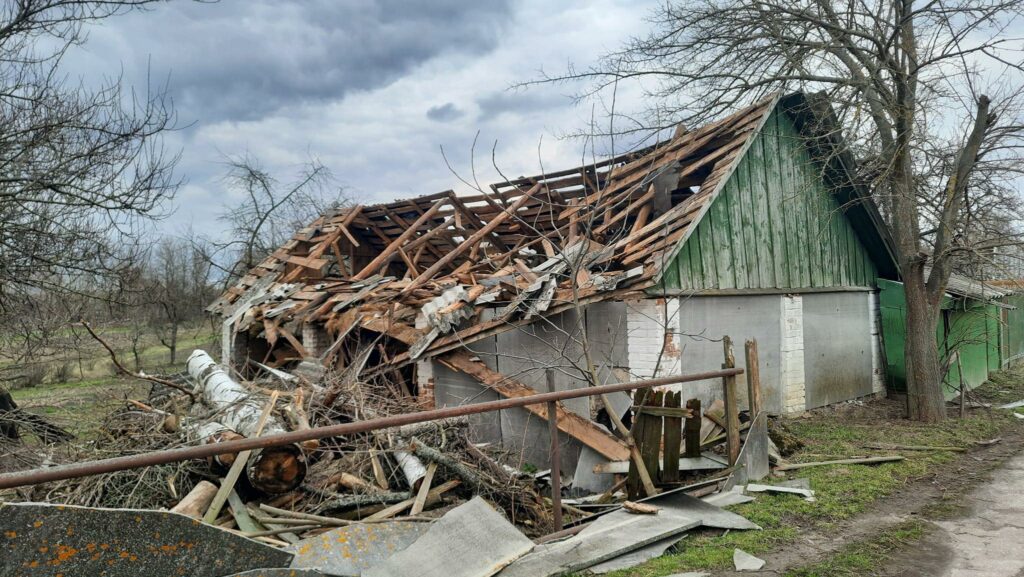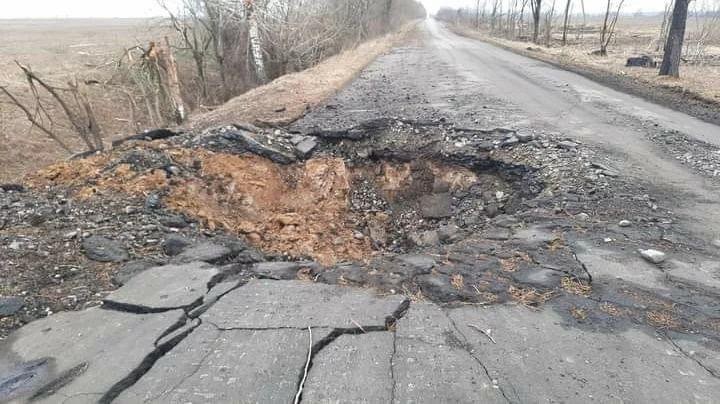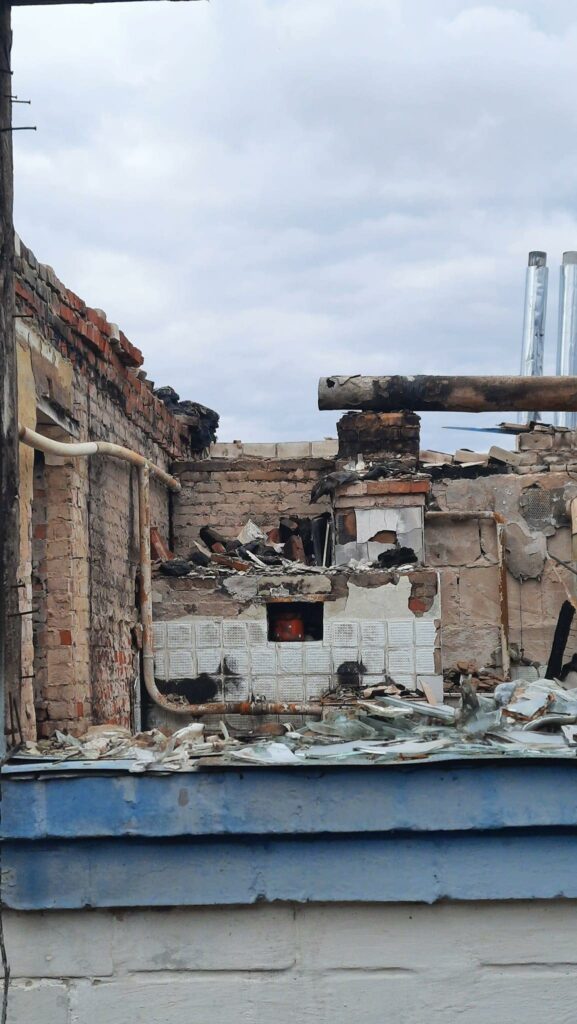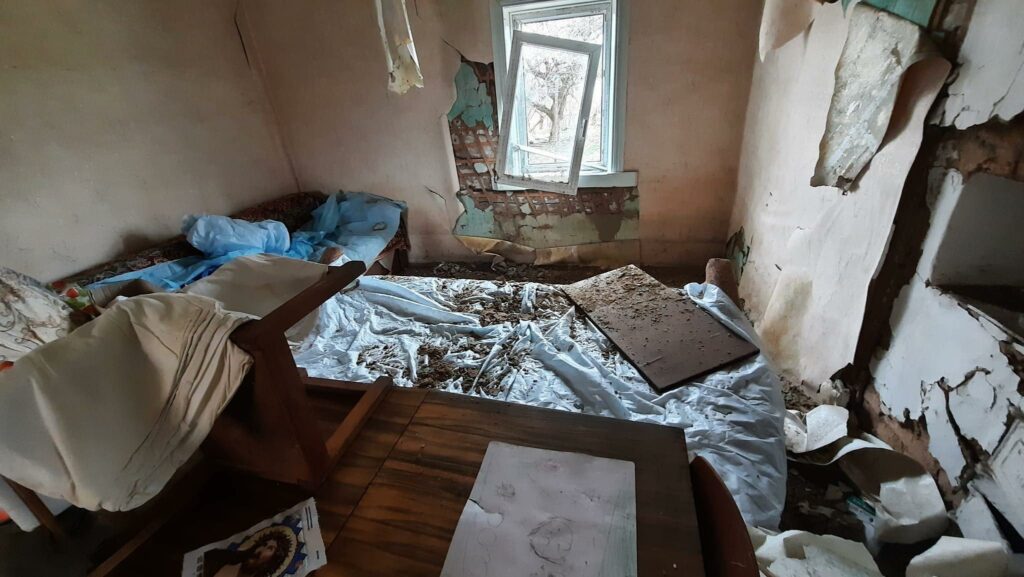The offensive of Russian troops in the north met with fierce resistance from the Ukrainians – the enemy was not ready for such a powerful struggle of the military and the local population, who stopped Russian tanks with bare hands. Russia’s plan to quickly seize Ukraine failed.
The enemy’s attack on the capital stopped near Chernihiv, which became an impregnable fortress that held back the Russians. The siege of the regional center lasted a month, and all this time part of the communities of the region was under occupation. The experience of local self-government in the occupied territories of Chernihiv region is different, depending on whether the enemy moved through the villages of the community or waged active hostilities. Meanwhile, the main purpose of the elected representatives of local authorities, as in peacetime, was to ensure the livelihood of settlements and provide the necessary services to the people.
Kiptivska territorial community: work for people both in peacetime and in wartime
Kiptivska community, which was one of the first to be created in the region under local government reform, has united and actively worked to address pressing issues and help its neighbors. Villages of the nearby Ivanivska community were occupied by Russian troops who killed and terrorized civilians.
According to Volodymyr Kuchma, the head of Kiptivska community, due to the proximity of hostilities, the shells also flew on the villages of the community. In particular, six settlements of Kiptivska community were partially destroyed, including Kipti. The village of Krasylivka was shelled three times by the enemy. Three civilians were killed and the property of residents – houses and farm buildings – were lost.
Kiptivska community, like other communities in the region, actively hosted internally displaced persons – the number of residents of settlements at this time increased from 6 to 8.5 thousand. People from nearby villages – Zolotynka, Sloboda, Kolychivka, Ivanivka, as well as from Kyiv region – Bucha, Hostomel, and other settlements, tried to find a shelter from the war.
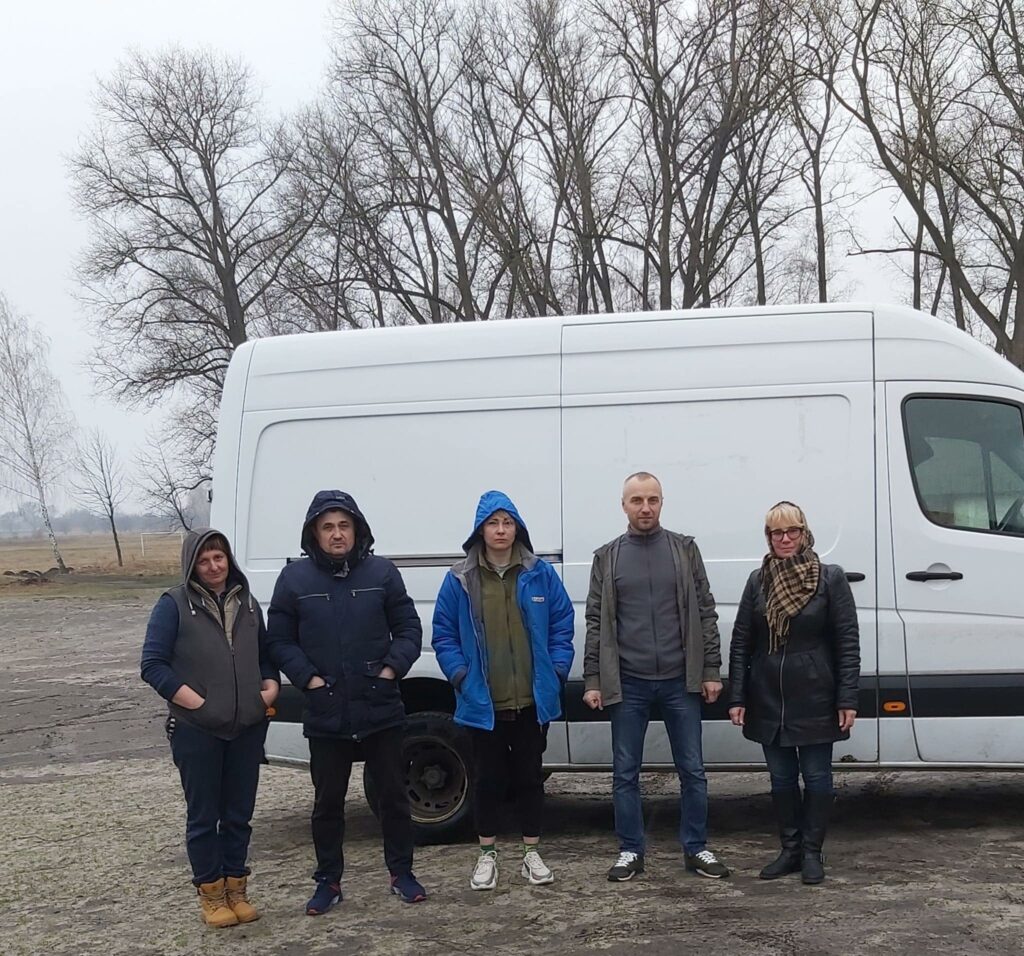
“As far as possible, I kept in touch with the starosta of Krasne. We handed over medicines, food, and fuel. After all, we understand there is no someone else’s trouble in this situation,” Volodymyr Kuchma emphasizes.
The head of the community notes that his team has been working since the first day of the war and has been trying to be with people all this time. “We also experienced despair and fear. But we understood that we are officials elected by the community, and no one but us will solve the problems,” he said.
During the period of active hostilities in the region, Kiptivska community also faced the inability of supplying bread. They had to organize a small bread production workshop. The old mill appeared to be in working order in one of the villages, so there began to grind wheat on a millstone. Women found a bread recipe and started to bake it. “Our local bread was very tasty. I remembered my childhood and my grandmother, who baked similar loaves,” Volodymyr Kuchma shared.
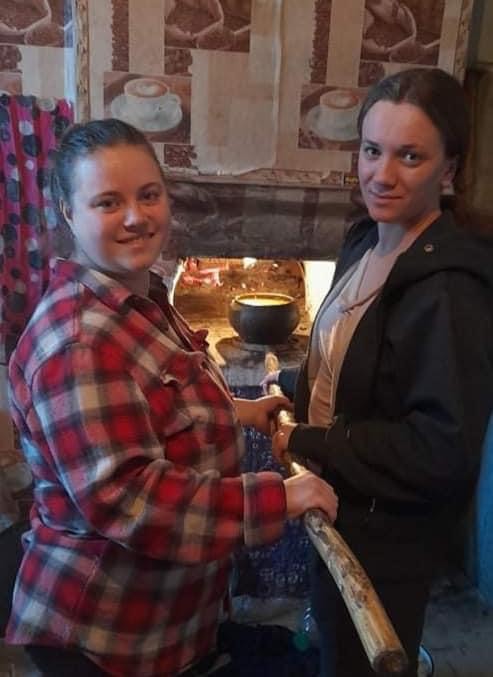
The head of the community is convinced that both in peacetime and during the war, local government works for the people. “We tried not to leave anyone alone or without a piece of bread in our community. Social workers also provided the necessary assistance during the war. We work with internally displaced people. And now sowing is on the agenda,” Kiptivska village head stresses. He is convinced that “war is war, but wheat must be planted.” It is worth taking care of stocks of food, firewood, fuels and lubricants, and the presence of generators in the community – all that simplifies the survival of people in emergency conditions.
He emphasizes: “Currently, no fighting is taking place in Chernihiv region, so it is time to gather strength and unite.” After all, the war in Ukraine continues, and unfortunately, no one can guarantee that the offensive in Kyiv direction will not be repeated.
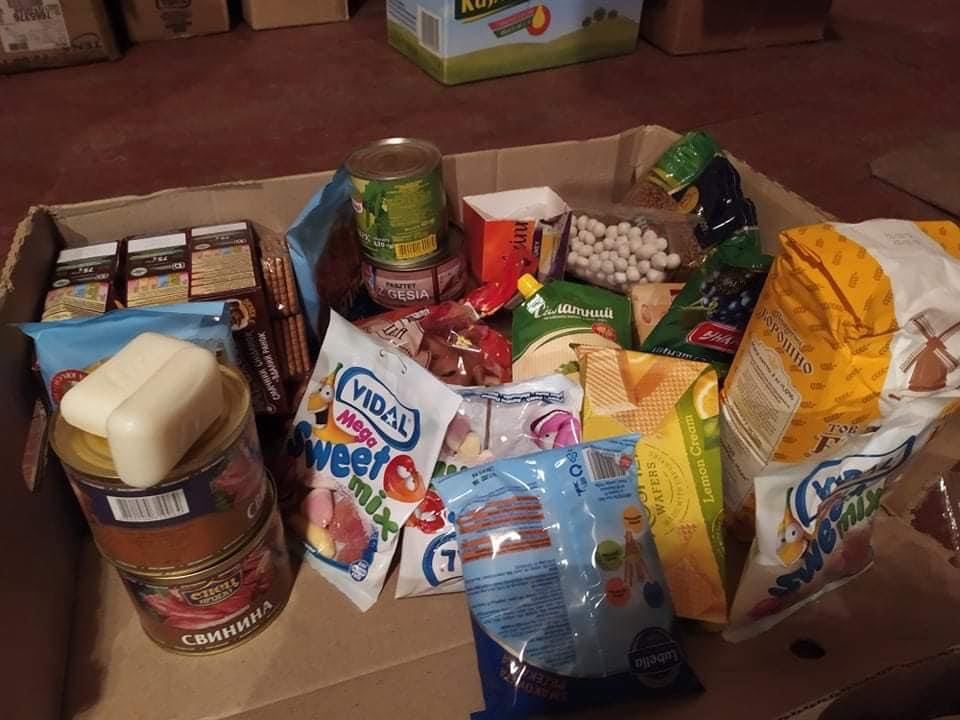
Volodymyr Kuchma notes that many people find it difficult to accept the realities of the war because “if Russia’s aggression was predictable, Belarus’s behavior was unexpected.” Chernihiv region was invaded from their territory, and planes that bombed peaceful Ukrainian cities took off from their military airfields. “It is not an excuse for Belarusians to say that they did not take part, because there was outright assistance. How could long-term neighborly relations be distorted in this way? That is not humane, and, in general, outside the dimensions of human morality,” said the head of the community in Chernihiv region.
Ponornytska territorial community: employees of the local council from the first days of war remain at work
Some of the villages of Ponornytska community, in particular Shaboltasivka and Avdiivka, are located on the road from Novhorod-Siverskyi to Chernihiv. That is why the enemy moved that way.
According to Halyna Yakovets, deputy head of Ponornytska community, Russian troops were moving forward and backward, stopping for a short time. “The community has lost roads, including those that were previously repaired, because enemy tanks and heavy equipment were moving there,” she said.
With the offensive of Russian troops, the villages of Ponornytska community were cut off from connection with other settlements, and this significantly disrupted the lives of residents. The challenge was to replenish food supplies and provide access to health care. Everything disappeared from the shelves of local stores instantly – people in a panic bought all the goods. “We have lived in this mode for a month. The main issue was providing locals with bread. It was baked in the village of Desnianske, where there were stocks of flour. At the beginning of the war, bread was delivered from Semenivka but then stopped. Later, we started going to Krolevets and Konotop for groceries. In cooperation with volunteers, humanitarian goods were delivered from Cherkasy,” says Halyna Yakovets about the life of the community. She emphasizes that the Volunteer Center of Ponornytska community provided significant assistance to the residents during the occupation.

Halyna Yakovets notes that all employees of the local council were present and only one resigned and left. They worked full-time during March.
The official believes that a sign of effective teamwork is the ability of colleagues to retrain and take on work that is urgently needed. According to Halyna Yakovets, this was exactly the case in Ponornytska community. Employees of the financial and land departments, where the workload has decreased, were engaged in the registration of internally displaced persons. More than 1,100 people, including nearly 400 children, fled the war to Ponornytska community. Often these were either adult children who came to their parents or someone’s acquaintances.
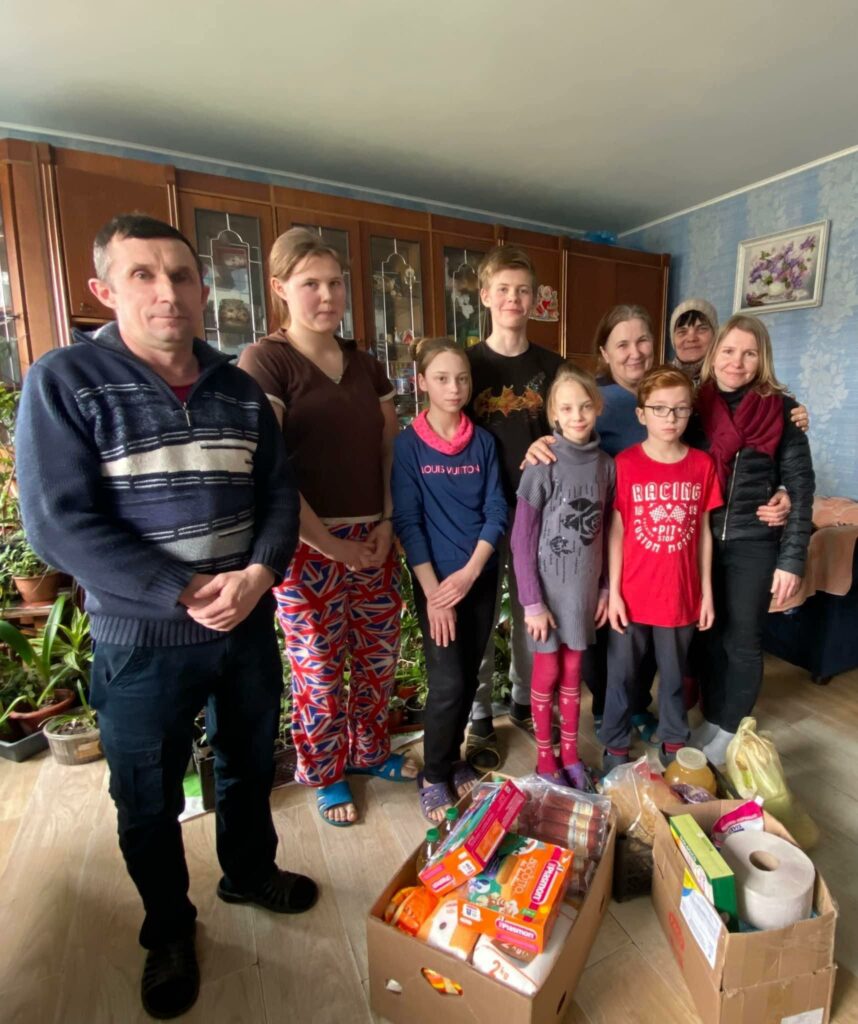
During the war, the amount of work for the local council staff significantly increased in keeping records of conscripted men and women and carrying out mobilization.
A serious challenge for the community is the closure of local businesses, as this stops the flow to the budget. “We survive on subsidies and remaining funds. We will be able to pay the salaries of public sector employees in April, and then we need to solve this problem,” the official said.
After the retreat of the occupiers, the community returned to the normal rhythm of life. Schools and kindergartens were opened. The transportation of children to schools and providing the school bus with diesel fuel are on the agenda. “These are pleasant problems that I want to return to. Everyone wants to work,” emphasizes Halyna Yakovets.
Kulykivska territorial community: after the ruin comes the revival
Due to its territorial proximity, Kulykivska community was on the verge of fighting between the Russian and Ukrainian armies near Chernihiv. Thousands of people were moving through Kulykivka, fleeing the city under siege and risking their lives under fire. After the retreat of the occupiers and open driveways, the terrible truth was revealed about how destroyed some villages of this community are.
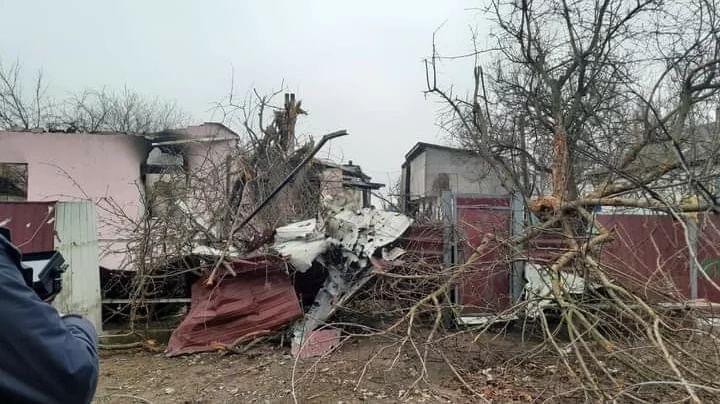
The head of Kulykivska community, Yulia Posternak, said that Baklanova Muraviika is a small village that, together with Hrabivka, has become a kind of shield for the community.
“What did the residents see and feel during the shelling from Russian howitzers and “Grads” and the air bombing? … Ordinary and peaceful residents … God forbid anyone and ever see and feel this. Despite the pain, the residents do not wish such grief even for the greatest enemy. They only ask God for a fair trial,” she shared.
Most of the locals evacuated, but there were brave ones who remained until the end. “Old grandmothers died because they did not survive the fear that suddenly found them on their land, in their houses. During the week of silence, people are returning to their homes, but some have nowhere to return. The place of their houses is a wasteland!” said the head of the community.
Together with her deputy, they brought humanitarian aid, medicine, and a generator to the starosta’s office for the convenience of each resident. The electricity supply is still being restored, gas supply has already been established.
“It’s sad and painful to live in the midst of devastation…
In every house, people lived, loved, raised children, worked tirelessly on the land, planted apple and cherry orchards, took care of everything on the farm, and now … just a mention of how warm and cozy it was in their house,” said Yulia Posternak.
In Chernihiv region in general and in Kulykivska community in particular, an active phase of demining of the occupied territories and areas of active hostilities is underway.
There is a group in the community who works on identifying dangerous shells. Work is underway, but there are still many areas affected by the Russian projectiles, and it is too early to announce the exact date of completion. Because of this, there are not many fields in the community where sowing is carried out.
“Pensions are paid. Local entrepreneurs are filling their stores with new content. Prices are slightly higher than before the war. But we must understand that logistics and fuel supply are very difficult today,” said the head of Kulykivska community.
In the villages and the center of the community spring toloky began. In the center of Kulykivka, the territory of the pond “Silske” was cleaned and flower beds were tidied up. Although mostly employees of the village council and budget institutions came out to put things in order. “We have to clean up while we have time. Building materials were ordered for the affected settlements. A special commission is working to identify destruction and damage from the consequences of active hostilities,” Yulia Posternak said.
However, the war continues in Ukraine, so the curfew is still extended in the community.
“We understand that work on backyards is not far off, but, as it gets dark, we strictly adhere to light masking. We remember that the enemy is watching! Nobody can predict its actions,” the head of Kulykivska community emphasizes.
Author: Iryna Synelnyk, Chernihiv
Photos sources:
Facebook page of Yulia Pasternak
Volunteer Center of Ponornytska territorial community
Department of Culture, Family, Youth and Sports of Kiptivska village council

